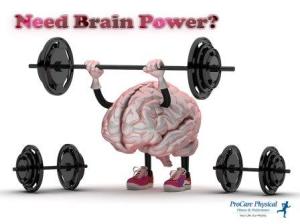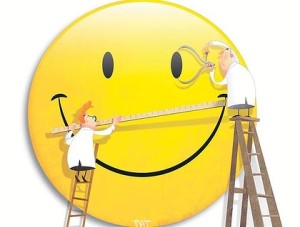Wherever you are on campus, it is common that you will see students on their cell phones. Cell phones have become a major obsession with our generation and I will admit that I am guilty of using my cell phone quite often. Cell phones are distracting and cause students unnecessary anxiety throughout the day. A new study done in Ohio claims that students with high cell phone usage will have lower GPAs and higher anxiety.
 The study consisted of 500 randomly-chosen college students. The participants had to complete a survey about how often they use their cell phones. The students with low cell phone usage had a GPA of 3.2 and the high users had a GPA of 2.8. The data was collected over a 6 month period and over that time the study also showed that students who used their cell phone more had more anxiety.
The study consisted of 500 randomly-chosen college students. The participants had to complete a survey about how often they use their cell phones. The students with low cell phone usage had a GPA of 3.2 and the high users had a GPA of 2.8. The data was collected over a 6 month period and over that time the study also showed that students who used their cell phone more had more anxiety.
Although the outcome of the study is realistic and most people can agree that cell phones are a big distraction in school, there are some flaws in the study. It was an observational study, therefore third variables were not ruled out. The study mentioned that students who used their cell phones more often also had more anxiety. Anxiety could be the third variable here. Students with higher anxiety could be drawn to use their cell phone more because they have a fear of missing out on what their friends are doing. Also, students with anxiety are found to have lower GPAs because they cannot focus in class. In addition to this, reverse causation could be a possible reason for the given correlation. Less intelligent students could be more likely to use their cell phones more. Also, students with high anxiety can look to their cell phone for some sort of comfort. Also, the study’s findings can always be due to chance and it is important to remember that correlation does not equal causation.
The size of the study is decent size. Observing 500 students will give you accurate results but surveying thousands of students would be more assuring. The study also consisted of the students filling out a survey. Surveys are not always accurate because students are not always clear on how to evaluate themselves. Therefore, a student with “high cell phone usage” might classify themselves as a moderate user because they do not know the criteria for the given category. In order for the study to have more accurate results, the researchers should have followed a student throughout his/her day and record how many hours they use their phone. Of course this would take a lot more time to complete but it would present us with more trustworthy results.
I think that this study will have different effects on every student. Everyone values their time differently. Some students value their social life more and others value their grades more. Some students reading this study will significantly decrease their cell phone usage because they will do anything to get close to perfect grades. Others might look at this and think that there is no big difference between a 2.8 GPA and a 3.2 GPA. Those students would not decrease their cell phone usage because in their opinion keeping up with their friends is more important.
Cell phones are a common topic in today’s world. Everyone has their different views on them, but in reality most of us are all addicted to our gadgets. I am very against cell phone use, especially during classes. However, I am guilty of looking at my phone in class even though I know it is wrong. I think that although this study had some errors, students should strongly consider to reduce their cell phone usage.




















